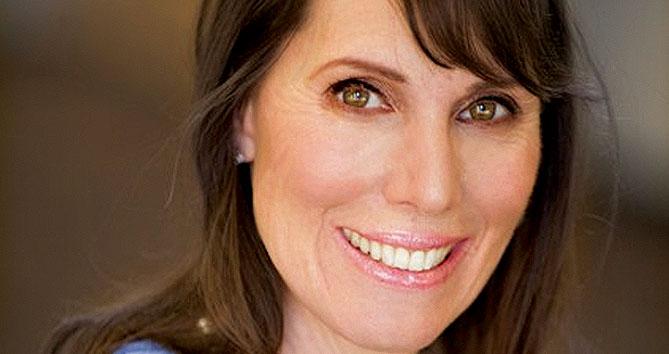Opioid crisis: Make Big Pharma pay!

One of the biggest drug busts in history may finally be done. Two dozen pushers up against local, state and federal authorities are giving up. It took almost a quarter century of investigation, witness preparation, trial (in some cases) and settlement.
The pushers: a handful of giant pharmaceutical corporations; their product: opioids.
Authorities estimate that hundreds of thousands of Americans have died in the past two decades of overdoses related to prescription opioids. The drugs were sold by companies, some with household names, like Johnson & Johnson. Another company, Purdue Pharma, maker of OxyContin, profited from the opioid crisis as well as from treatments for the very problem the company had helped create.
The con
No one is without a sad story about opioids and the terrible grip they have had on the lives of patients, family and friends. The drug companies produced opioids and then dispatched their sales force to persuade doctors of their benefits. The truth was that opioids are highly-addictive, cited as the starting point in the downward spiral of heroin addiction and fentanyl use.
In August, the Sackler family, owners of Purdue Pharma, besieged by lawsuits, were said to be finalizing a settlement of $10-12 billion and exiting from the business. Purdue Pharma is expected to file for bankruptcy.
A reckoning
There are today approximately 2,000 lawsuits pending around the country filed by states and cities, including by NYS Attorney General Letitia James, against opioid makers. A federal judge in Cleveland overseeing the cases is working toward a “global settlement,” worth tens of billions of dollars.
There is still a distance to go, as 34,000 cities and counties yet to file lawsuits are not in global settlement talks potentially worth additional billions.
OxyContin came on the scene in 1995, when the FDA gave its approval to the pain relieving drug. The marketing of the drug came under scrutiny over the next decade.
Johnson & Johnson’s deceptive marketing practices were brought to light in a case filed by the attorney general of Oklahoma. On August 26, a judge ruled against J&J, finding that the company was responsible for decades of opioid addiction and thousands of overdose deaths in Oklahoma.
Key to the Oklahoma case was a finding of “public nuisance,” as defined by state law as “unlawfully doing an act, or omitting to perform a duty, which act of omission annoys, injures or endangers the comfort, repose, health or safety of others…” [my emphasis]. J&J was ordered to pay the state $572 million, an small amount compared to the company’s $81 billion in sales in 2018. Still, the finding puts pressure on others to enter into global settlement. (For more on this significant finding, see pages 7-10.)
How to best use these settlement funds? A public nuisance of this magnitude can only be offset by an investment in public health.
First, we must learn from the experience of the tobacco settlement. In 1998 tobacco manufacturers settled with 46 states related to deceptive practices and the epidemic of tobacco-related illness and death. The industry was forced to pay $125 billion to the states.
Payments to safety net hospitals and treatment centers
This is the precise moment for us to focus our demands on the use of the forthcoming opioid settlement funds: public health money for funding safety net hospitals and public health and community-based treatment centers.
Additionally, it is also important to recognize the critical role Medicaid has played in treating opioid addiction. An Urban Institute study released in August found that the number of Medicaid-covered prescriptions for buprenorphine, which eases opioid cravings and withdrawal symptoms, increased almost five-fold nationally between 2011-18.
It is now an established fact that expanding Medicaid helps states combat the opioid epidemic and must receive the bulk of these payments.
Make Big Pharma pay!
Funding our safety net system in New York and elsewhere expanding Medicaid programs directed towards opioid addiction prevention and treatment are the concrete steps towards achieving the care to those affected by this crisis. A U.S. Medicare for All health system can ultimately bring an end to the diabolical death spiral. Make Big Pharma pay!
More than 2,000 lawsuits have been filed by cities and states across the country.